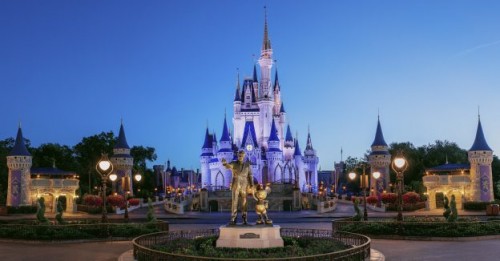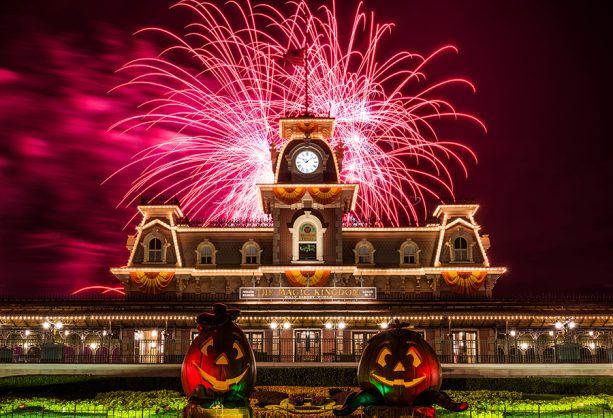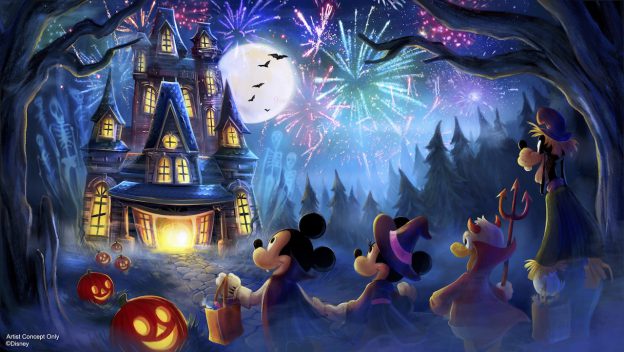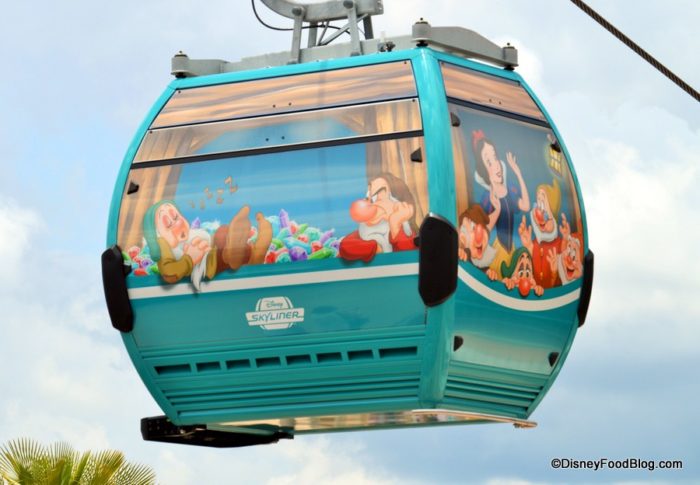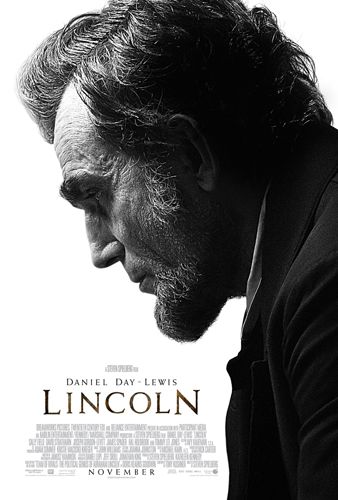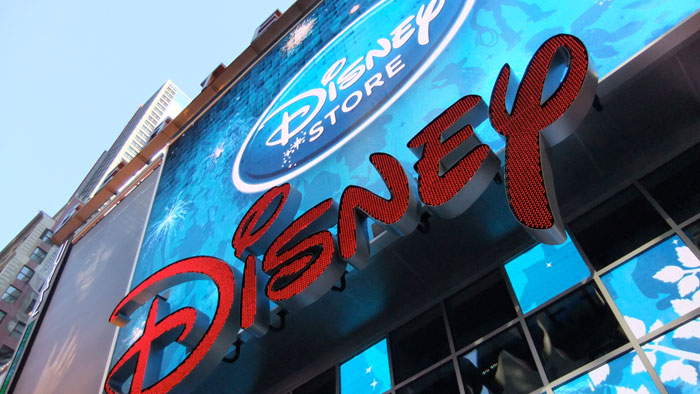
Composer Phillip Glass’s new opera “The Perfect American” premiered in the Teatro Real in Madrid this past week. This ambitious work oscillates between a look at Disney facing death in a hospital bed and the Disney who, in his prime, created a worldwide phenomenon.
The opera’s libretto was penned by American screenwriter and novelist Rudy Wurlitzer and is based on a novel by Peter Stephan Jungk by the same title. The book is described as “a fictionalized biography of Walt Disney’s final months, as narrated by Wilhelm Dantine, an Austrian cartoonist who worked for Disney in the 40s and 50s, illustrating sequences for Sleeping Beauty. … This deeply researched work not only provides interesting interpretations of what made Walt Disney a central figure in American popular culture, but also explores the complex expectations of gifted European immigrants who came to the United States after World War II with preconceived notions of how to achieve the American dream.”
Beginning with a prologue featuring Disney dying of lung cancer, the opera strives to explore Walt Disney’s psyche, delving into his fears and regrets, offering a view of Disney not as the perfect, artificial “Uncle Walt” icon but instead as a fallible human with flaws – but one who, despite his imperfections, created something beautiful, magical, and wildly popular. Scenes include Walt and Roy visiting Marceline, Missouri, an office birthday party at the Burbank studio, and of course, Disneyland. The scenes are peppered with popular myths that have, at their core, kernels of truth (such as Disney’s fascination with cryogenics and the malfunctioning Abraham Lincoln audio-animatronic figure).
Biographical information is interspersed with flights of fancy: audiences are plunged into flashbacks and embellished memories of Disney’s past as the dying man struggles to deal with his own mortality. In one scene, Disney shows up in Anaheim to help his Imagineers fix a broken audio-animatronic Abraham Lincoln (performed by Zachary James). Disney and Lincoln begin to argue, and the scene climaxes when the robotic Lincoln belts Disney. (This scene may be based on the myth of the day the robotic Mr. Lincoln began beating up Imagineers who were working on fixing him after-hours.)
The baritone role of Walt Disney was played by Christopher Purves, who embraces the challenge of making a cultural myth human. He is praised by the L.A. Times for his ability to make “racist or anti-Semitic remarks sound not like tirades but like attitudes that were all too common at the time, especially around Los Angeles.” Other cast members include Marie McLaughlin as Lillian Disney, David Pittsinger as Roy Disney, and Rosie Lomas as the spirit (or hallucination) of the owl who he killed as a boy.
According to the L.A. Times, “This is a Walt Disney whose whole career can then be seen as a spectacular effort to overcome his demons. He creates fantasylands where there is no death, no threat, no blood. But in his dying, Disney must confront those demons with his defenses down. In Glass’ opera, Disney does this as an artist.”
The production will return to the stage in June at the English National Opera in London. Whether or not the opera will be performed in America is not yet known.

